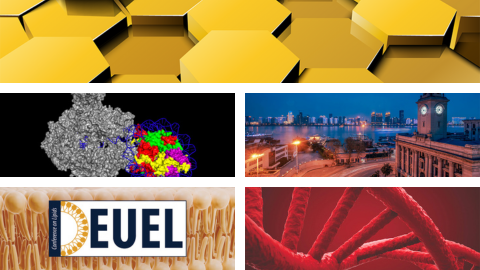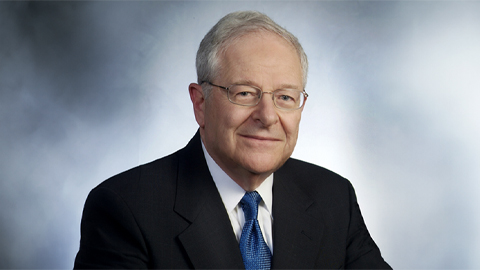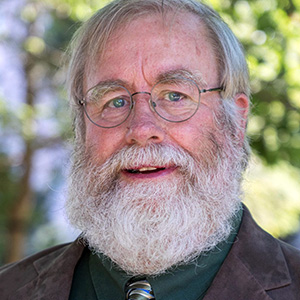Accreditation: Participant perspectives, in triplicate
The number of baccalaureate programs accredited by the American Society for Biochemistry and Molecular Biology has grown steadily. By the end of 2019, just six years after the accreditation program began, the number of accredited programs likely will reach the century mark.
Despite the program’s progress, many potential participants still ask, “Why should our program become accredited?”
 Jason Pough, Tony Rivas, and Khoa Tran, all undergraduates at Hampden-Sydney College in Virginia, work on a summer project designed around the proteomic analysis of mucus from local fish species.Hampden-Sydney College
Jason Pough, Tony Rivas, and Khoa Tran, all undergraduates at Hampden-Sydney College in Virginia, work on a summer project designed around the proteomic analysis of mucus from local fish species.Hampden-Sydney College
We have addressed this question in three ways. The first was via a survey of accreditation stakeholders recently published in the journal Biochemistry & Molecular Biology Education. The second was the recent publication of a letter describing details of the program in the journal CBE-Life Sciences Education. The third was by reaching out to representatives of three diverse accredited programs to learn how ASBMB accreditation has affected their programs:
Douglas McAbee of California State University Long Beach, a large (enrollment 37,000), public, master’s granting institution on the West Coast;
Michael Wolyniak of Hampden-Sydney College, a small (enrollment 1,100), private, primarily undergraduate institution in the mid-Atlantic region; and
Paul Black and Erin Sayer of the University of Nebraska, a large (enrollment 25,000), public, research-intensive university in the Midwest.
Overall, these programs reported the following benefits of accreditation:
| • | the focus on concept-based education in the accreditation application helps them critique and improve their programs; |
| • | guidelines from a national society help them strengthen the programs at their institution; and |
| • | accreditation of the program and certification of students through a common exam help create assessments for internal and external use. |
On the facing page, in chart form, are their more detailed answers to our questions.
Want to learn more about the ASBMB accreditation program? Go to the ASBMB accreditation page.

Enjoy reading ASBMB Today?
Become a member to receive the print edition monthly and the digital edition weekly.
Learn moreFeatured jobs
from the ASBMB career center
Get the latest from ASBMB Today
Enter your email address, and we’ll send you a weekly email with recent articles, interviews and more.
Latest in Careers
Careers highlights or most popular articles

Grad students: Get to know your program coordinator
They provide advice about interviews and admissions, curriculum, degree requirements, graduate program policies and information, campus services and more.

Upcoming opportunities
Molecule of the year nominations are due Friday! Plus: A new Finding the Funds webinar and LRD seminar are coming up later this month.

Consider an undergraduate summer research internship in government
Our careers columnist offers a rundown of agencies that can provide you with a couple of months of lab experience.

Upcoming opportunities
Putting ASBMB conferences on your radar! Plus: Award nominations are due Friday.

Upcoming opportunities
Putting ASBMB conferences on your radar! Plus: Award nominations are due Friday.

Retiring a research lab
Careers columnist Courtney Chandler talks to Art Spector, a former principal investigator, about making a graceful exit from the bench.


